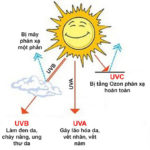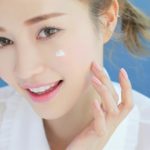“The Dangers of Ultraviolet Radiation on Your Skin”
Ultraviolet rays, also known as UV rays, are a form of electromagnetic waves characterized by wavelengths that are shorter than visible light but longer than X-rays. These rays are not visible to the naked eye.
Identifying Sources of Ultraviolet Radiation
Most individuals are exposed to natural ultraviolet (UV) radiation from the sun. However, only approximately 10% of sunlight consists of UV rays, of which about one-third is able to permeate the atmosphere and reach the Earth’s surface. The UV radiation that impacts the Earth is primarily composed of 95% UVA rays and 5% UVB rays. Notably, UVC rays do not have an effect on the Earth due to their short wavelength and complete absorption by the protective ozone layer.
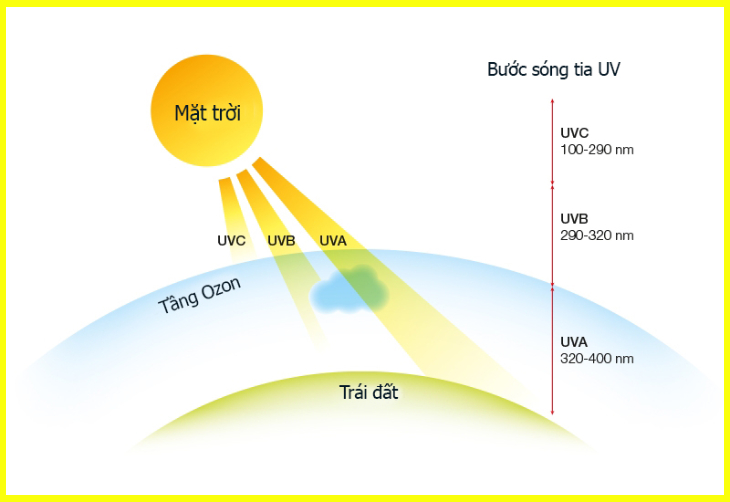
Sunlight is not the sole provider of ultraviolet rays. Humans have introduced artificial sources of ultraviolet rays as well. These artificial electromagnetic wave sources are commonly found in UV lamps, therapeutic lamps, germicidal lamps, halogen lamps, and specific laser generators.
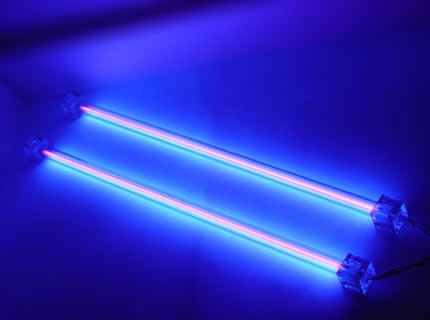
Hierarchical Hazards by Hour of the Day
The period of highest UV ray intensity occurs between 10 a.m. and 2 p.m. It is recommended to limit outdoor activities during this time and, when necessary, employ preventative measures against UV rays.
The intensity of UV rays reaching the Earth’s surface is influenced by various factors, including geographical location, altitude, time of day, time of year, and cloud cover. Evaluating the potential harm posed by UV rays can be done through the UV index, where a higher index indicates a greater impact on the body.
On days with high temperatures, the UV index can reach elevated levels. For instance, both Hanoi and Saigon experience UV indexes as high as 10-11, posing a considerable risk to the skin and eyes when exposed directly to sunlight.
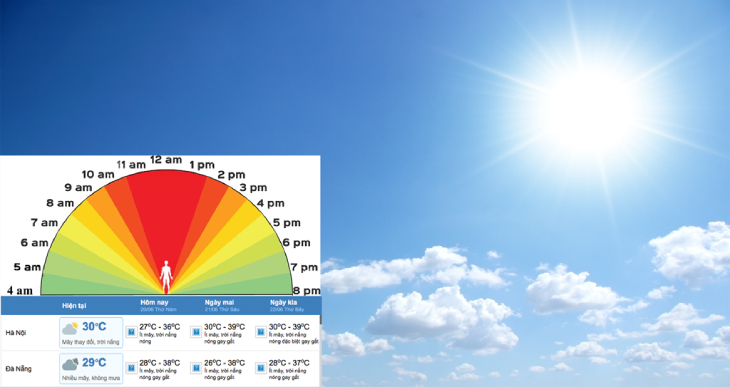
Exploring the Effects of Eye and Skin Health Around the Eyes
The adverse effects of UV radiation are particularly pronounced when directly exposed to the skin and eyes, leading to numerous long-term health issues.
- Regular exposure to ultraviolet (UV) rays can pose various risks to eye health. These risks include conditions such as keratitis, pinkeye, cataracts, retinal damage, and macular degeneration. It is important to protect the eyes from prolonged exposure to UV rays to maintain optimal eye health.
UV rays have a significantly harmful effect on the eyes. Protect your eyes by choosing the right sunglasses.
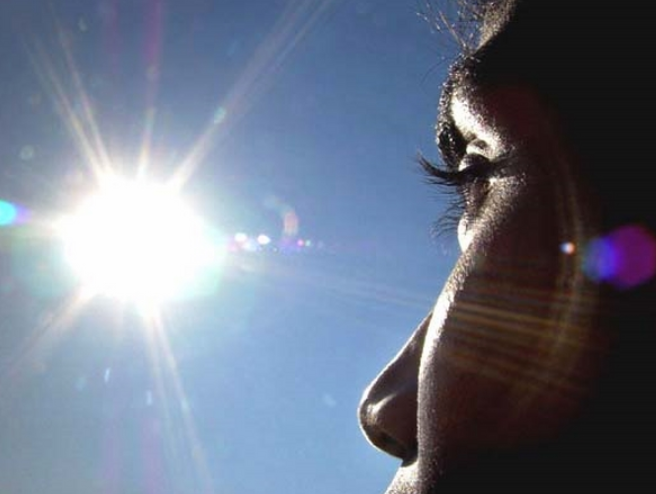
- The skin, especially around the eyes, is vulnerable to damage from UV rays when exposed to sunlight without protection. This can result in darkening of the skin (tanning). Prolonged exposure to intense sunlight can also accelerate the aging process, causing wrinkles, damage, and even increasing the risk of skin cancer. It is therefore essential to protect the skin from harmful UV rays.

Does Rainy or Shady days have Ultraviolet Rays?
It is a common misconception that rainy or cloudy days provide protection against ultraviolet (UV) rays. However, it is important to note that UV rays pose a threat regardless of the temperature, season, or time of day.
UV rays are present throughout the day, regardless of weather conditions such as rain, sunshine, or shade.

Protect Your Eyes and Skin from the Harmful Effects of UV Rays: 3 Tips
In order to effectively protect the delicate skin around the eyes, it is advisable to opt for suitable protective eyewear, as applying sunscreen in this area can be challenging.
When venturing outdoors, it is highly recommended to utilize UV-blocking glasses in order to safeguard your eyes from the detrimental effects of UV rays. These glasses are specifically designed to shield essential eye components, including the cornea, lens, and retina.
UV protection glasses should be chosen with large frames to ensure optimal coverage and protection. These glasses should also have the ability to snugly fit the face and effectively cover the skin around the eyes in order to effectively block harmful sun rays.
Choosing the right glasses for a perfect fit is essential. To ensure a flattering look, consider selecting glasses that are of a contrasting shape to your face. For instance, if you have a long face, opt for round glasses, and vice versa.

To gain a better understanding of ultraviolet rays, we present an informative article. By assimilating the insights provided, you can make an informed decision to invest in UV-resistant glasses for safeguarding your eyes.
Uncovering the Benefits of Eye Massage: 3 Unexpected Effects
Do you want to know how to protect your eyes and eyesight with simple massage techniques? Recent research has revealed that daily eye massage can provide a number of unexpected benefits to those looking to maintain healthy eyes and vision. Keep reading to find out more about the effects of eye massage and some simple exercises!


























